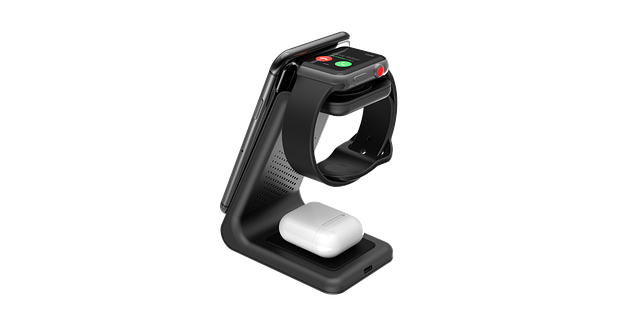In Pennsylvania, businesses using autodialers for telemarketing must adhere to strict regulations to avoid substantial fines and legal issues. They should engage autodialer attorneys specializing in telecommunications law to ensure compliance with the UTPCPL and TCPA, navigate do-not-call lists, and maintain consumer consent records. Regular training, audits, and staying informed about legislative changes are key to ethical marketing practices and fostering positive relationships with regulatory bodies.
In the age of automated communications, businesses in Pennsylvania must navigate complex autodialer regulations to ensure compliance. This guide delves into the intricate world of autodialer laws, specifically addressing challenges faced by companies utilizing automated dialing systems. We explore common issues, offering strategic approaches to help businesses stay compliant with Pennsylvania’s autodialer regulations. Seeking guidance from experienced autodialer attorneys in PA is crucial for successful navigation in this evolving legal landscape.
Understanding Autodialer Regulations in Pennsylvania: A Comprehensive Overview

In Pennsylvania, understanding and adhering to autodialer regulations is paramount for businesses engaging in telemarketing activities. The state has implemented specific laws aimed at protecting consumers from unwanted automated phone calls, often referred to as robocalls. These regulations are designed to ensure fair practices while allowing legitimate marketing efforts. Autodialer attorneys in Pennsylvania play a crucial role in guiding businesses through this complex landscape by offering legal expertise and ensuring compliance with the Pennsylvania Uniform Trade Practices and Consumer Protection Law (UTPCPL).
The UTPCPL prohibits deceptive or unconscionable trade practices, including automated telephone calls without prior consent. Businesses must obtain explicit permission from consumers before utilizing autodialers for marketing purposes. Attorneys specializing in this area assist clients in crafting informed consent processes and providing clear opt-out mechanisms to respect consumer choices. Staying updated on changing regulations and working with experienced legal counsel can help businesses navigate the challenges of autodialer restrictions, fostering a positive relationship with Pennsylvania’s regulatory bodies while maintaining effective marketing strategies.
Common Challenges Faced by Businesses Using Autodialers

Many businesses, especially in the telecommunications sector, rely on autodialers for marketing and customer outreach initiatives. However, navigating the regulatory landscape surrounding autodialer usage can pose significant challenges. One of the primary concerns is compliance with the Telephone Consumer Protection Act (TCPA) and similar state laws, which govern automated calling practices to prevent nuisance calls and protect consumers’ privacy. Businesses must ensure they obtain proper consent from callers, respect opt-out requests, and adhere to specific time restrictions when making automated calls.
Additionally, autodialer attorneys Pennsylvania often assist companies in dealing with legal repercussions for non-compliance. These may include substantial fines and damage to the company’s reputation. Another challenge is staying updated on evolving regulations, as laws and interpretations can change frequently. Businesses must invest resources in training their staff, implementing robust compliance procedures, and staying informed about industry updates to avoid legal pitfalls associated with autodialer usage.
Strategic Approaches to Navigate and Comply with Autodialer Regulations in PA

Navigating and complying with Autodialer Regulations in Pennsylvania requires strategic approaches tailored to meet the specific legal landscape. One crucial step is to stay informed about the latest legislative changes and interpretations from regulatory bodies, such as the Pennsylvania Public Utility Commission (PUC). Engaging with reputable autodialer attorneys in PA who specialize in telecommunications law can provide valuable insights into these updates, ensuring your practices remain compliant.
Implementing robust legal advice involves developing detailed policies and procedures for autodialer usage. This includes obtaining explicit consumer consent, maintaining comprehensive records of interactions, and ensuring compliance with do-not-call lists. Additionally, regular audits and training sessions can help your organization stay vigilant against potential regulatory pitfalls, fostering a culture of ethical and responsible marketing practices in the face of ever-evolving regulations.






